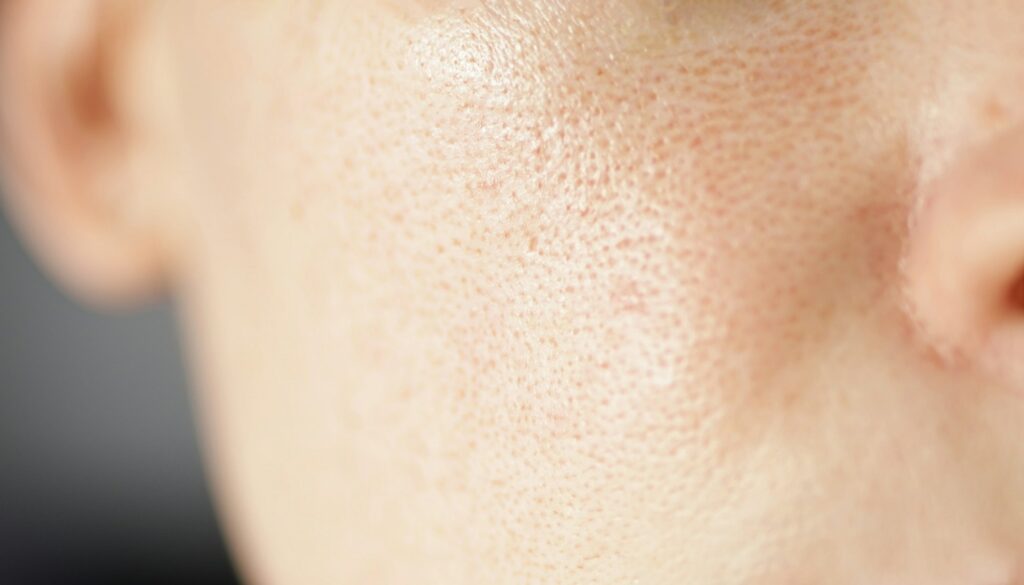redness from benzoyl peroxide - An Overview
redness from benzoyl peroxide - An Overview
Blog Article

Allergic Response to Acne Medication
Acne is a standard skin ailment that affects an incredible number of folks worldwide. When you'll find several remedies out there, starting from more than-the-counter creams to prescription medications, not all therapies are suited for everybody. Just one sizeable problem could be the possible for an allergic reaction to acne medication. This article will examine what an allergic response to acne medication involves, the signs or symptoms to watch out for, and how to handle and prevent this sort of reactions.
Knowledge Allergic Reactions
An allergic response happens when the immune system mistakenly identifies a harmless material as a risk and responds by releasing chemicals like histamines. These chemical substances induce signs or symptoms that may range from gentle to critical. When it comes to acne medication, the ingredients in these merchandise can often bring about an allergic reaction.
Widespread Acne Drugs
Right before diving into allergic reactions, It is really crucial to be familiar with the categories of acne drugs that are commonly made use of:
Benzoyl Peroxide: An around-the-counter treatment method that kills germs and dries out the skin. Salicylic Acid: One more over-the-counter solution that can help to exfoliate the pores and skin and unclog pores.Retinoids: Prescription medications that advertise cell turnover and prevent clogged pores. Antibiotics: Both of those topical and oral antibiotics is usually prescribed to reduce bacteria and inflammation. - Hormonal Remedies: Medications like delivery Management supplements that regulate hormones and cut down acne.
Symptoms of an Allergic Reaction to Acne Medication
Recognizing the symptoms of an allergic response to acne medication is important for well timed intervention. Signs can differ dependant upon the person and the particular medication but normally contain:
- Skin Redness: Crimson, inflamed skin is a typical signal of an allergic reaction.
- Itching: Persistent itching can suggest an allergic response.
Swelling: Swelling from the confront, lips, or tongue can be quite a extreme symptom.Rash: A rash or hives may well build on the skin. Issues Respiratory: In serious conditions, an allergic reaction can result in problems breathing, which necessitates instant health-related notice.
Scenario Experiments and Statistics
To raised understand the prevalence and impact of allergic reactions to acne medication, let's look at some circumstance reports and figures:
Circumstance Research one: Benzoyl Peroxide Allergy
A seventeen-yr-aged feminine began utilizing a benzoyl peroxide-primarily based acne procedure. Inside of a couple of days, she found extreme redness and itching on her facial area. Upon consulting a dermatologist, she was diagnosed by having an allergic response to benzoyl peroxide. She was encouraged to discontinue the medication and swap to the milder, non-allergenic therapy.
Situation Study two: Retinoid Reaction
A 22-calendar year-outdated male was prescribed a retinoid cream for extreme acne. After a 7 days of use, he formulated a rash and swelling all over his eyes. His dermatologist confirmed an allergic response on the retinoid and advised an alternative procedure program.
Studies
In keeping with a research released inside the Journal of the American Academy of Dermatology, close to five-10% of individuals employing topical acne treatments expertise some kind of allergic reaction. Even though most reactions are delicate, about 1-two% of conditions is usually intense, demanding rapid clinical intervention.
Controlling Allergic Reactions
Should you suspect that you're going through an allergic response to acne medication, It truly is necessary to take rapid action:
Discontinue Use: Stop using the medication immediately. Seek advice from a Health care Qualified: Look for advice from the dermatologist or healthcare company. Use Antihistamines: Over-the-counter antihistamines may also help reduce delicate symptoms. Utilize Cold Compresses: Chilly compresses can decrease swelling and itching. Request Emergency Care: When you encounter intense symptoms like problems respiratory, look for emergency health care treatment promptly.
Preventing Allergic Reactions
Avoidance is usually better than remedy. Below are a few strategies that can navigate to this web-site help reduce allergic reactions to acne medication:
Patch Check: Generally execute a patch take a look at prior to using a new acne medication. Use a small sum into a discreet location of pores and skin and hold out 24-forty eight hours to view if any reaction takes place. Examine Labels: Thoroughly examine the ingredient record on acne prescription drugs to discover possible allergens. Check with a Dermatologist: Before starting any new treatment, talk to a dermatologist to make sure It can be ideal for your skin form. Start off Slowly but surely: Introduce new drugs little by little to observe how the skin reacts. Use Hypoallergenic Goods: Choose hypoallergenic acne solutions which have been not as likely to induce allergic reactions.
Option Remedies
For those who have knowledgeable an allergic response to regular acne drugs, you'll find alternative treatment plans readily available:
Natural Cures: Elements like tea tree oil, aloe vera, and honey have anti-inflammatory and antibacterial properties which will help treat acne devoid of creating allergic reactions. Light-weight Therapy: Blue mild therapy can eliminate acne-causing germs without the utilization of substances. Dietary Modifications: From time to time, dietary variations might help control acne. Lowering sugar and dairy intake has become proven to enhance pores and skin health in certain persons.
Summary
Allergic reactions to acne medication is usually distressing, but These are manageable with the proper knowledge and safety measures. By comprehension the signs, having fast action, and consulting healthcare experts, you could properly handle and stop allergic reactions. Always complete patch checks, go through labels, and consult with a dermatologist before starting any new treatment method. If traditional acne drugs are certainly not suitable for you, take into account alternate treatments which can be more unlikely to lead to allergic reactions. Your journey to crystal clear pores and skin doesn't have for being hindered by allergic reactions; with the best technique, you will find a cure that works for you personally. Report this page